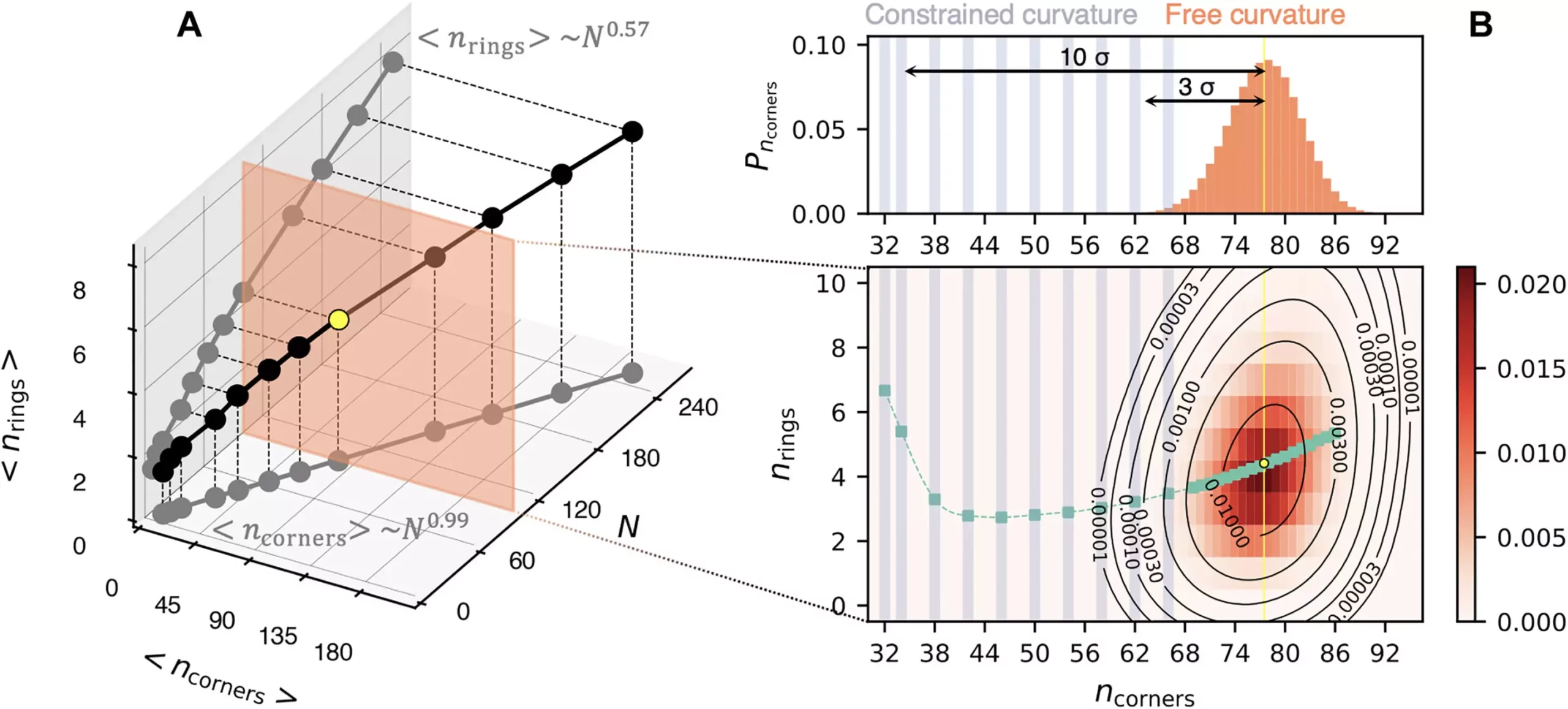

The field of quantum computing holds immense potential in solving complex problems that have traditionally been considered beyond the reach of conventional computers. From cryptography and pharmacology to the study of molecular and material properties, quantum computers offer unprecedented computational capabilities. However, the current state of quantum computing is still relatively limited. Recent research published in Science Advances by a team of scientists from SISSA, the University of Trento, and the University of Milano-Bicocca presents an unexpected alliance between quantum and traditional computing methods, opening up new avenues for exploration.
The research team utilized a mathematical approach called QUBO (Quadratic Unconstraint Binary Optimization), ideally suited for quantum computers known as “quantum annealers.” By harnessing the power of quantum annealers, the researchers were able to simulate dense polymer mixtures, complex physical systems central to the fields of biology and material science. The results were remarkable, demonstrating a significant boost in computational performance compared to traditional techniques, highlighting the immense potential of these emerging technologies.
Interestingly, the QUBO approach yielded impressive results even when adopted on conventional computers. This finding allowed scientists to uncover surprising properties of simulated polymer mixtures using well-established techniques. Moreover, the implications of this research extend far beyond polymer mixtures since the QUBO approach can be applied to a wide range of molecular systems. The study presents a breakthrough in simulation techniques and exemplifies how new technologies, such as quantum computing, can enhance our understanding of complex systems.
Historically, simulation techniques like “Monte Carlo” have been powerful tools for studying complex systems, ranging from synthetic polymers to DNA. However, the efficiency of these methods decreases as the density and size of the system increase. As a result, studying realistic systems, such as the organization of chromosomes in the cell nucleus, requires significant computational resources.
The integration of quantum computing into the study of complex systems offers a promising solution to these computational limitations. Quantum computers promise substantial computational performance improvements, albeit with the inherent limitations of novel technologies. This is where the QUBO approach comes into play, capitalizing on the capabilities of modern quantum computers while still offering benefits on traditional computers.
Philipp Hauke and Pietro Faccioli emphasize the advantages of the QUBO reformulation, stating, “Currently, there already exist quantum machines dedicated to solving QUBO, and they can be highly effective. We reformulated conventional polymer models in the QUBO framework to optimally exploit such machines. Surprisingly, the QUBO reformulation also proved advantageous on traditional computers, allowing faster simulation of dense polymers than with established methods. Thanks to this, we established previously unknown properties for these systems, all using standard computers.”
The success of integrating quantum computing into traditional simulation techniques is not unprecedented. Throughout history, innovative computational technologies have inspired the creation of physical models that eventually find applications in various domains. A notable example is the lattice-based fluid models initially developed for supercomputers in the 1990s, which are now widely used for simulating diverse systems on different types of computers.
The collaboration between quantum and traditional computing represents a significant step towards unlocking the immense potential of quantum computing. By leveraging the benefits of quantum annealers and the mathematical framework of QUBO, scientists can explore complex systems with greater efficiency and accuracy. This interdisciplinary approach holds the promise of revolutionizing fields like biology, material science, and cryptography by providing unique insights into the behavior of molecular systems.
The advent of quantum computing opens up new horizons for solving previously intractable problems. The collaboration between quantum and traditional computing methods, as demonstrated by the research team from SISSA, the University of Trento, and the University of Milano-Bicocca, showcases the immense capabilities of emerging computational technologies. The QUBO approach allows for efficient simulation of dense polymer mixtures, revealing unknown properties even when adopted on traditional computers. This paradigm shift in simulation techniques provides a glimpse into the potential future of quantum computing and its transformative impact on various scientific domains.
In the realm of software development, the ability to swiftly and accurately address bugs is…
The realm of quantum computing and communication is not just an abstract dream anymore; it…
In a remarkable leap for the field of material science, a collaborative research initiative has…
Throughout Earth's vast history, our planet has endured five major mass extinction events that reshaped…
Rainfall is a vital element of our planet’s hydrological cycle, yet many aspects of its…
On a night when the universe aligns, a mesmerizing phenomenon awaits: the appearance of the…
This website uses cookies.